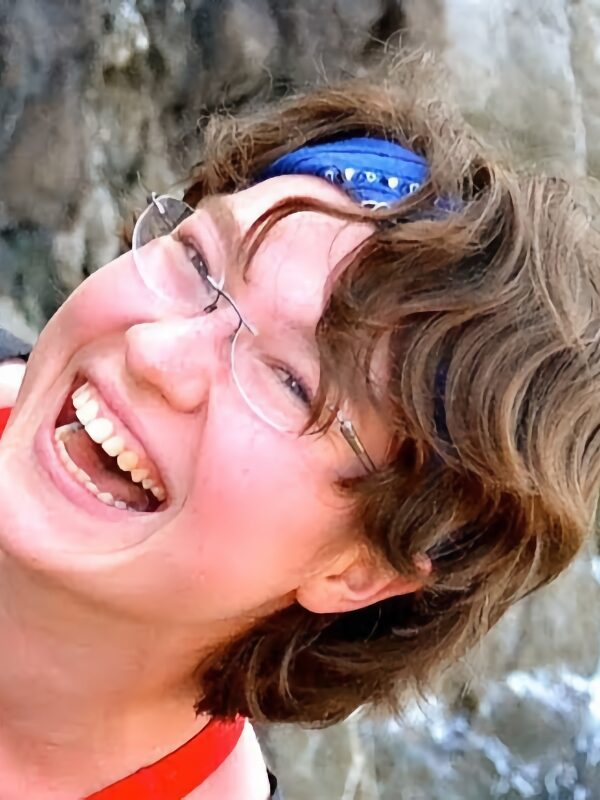
Kira Homola, Ph.D.
Postdoctoral researcher
Earth, Planetary, and Space Sciences
Slichter 5873
Where was carbon stored within the deep ocean during the most recent ice age? What does this mean for the fate of the carbon humans are currently adding to our atmosphere? Can microbes survive in the deep Earth for millions of years at temperatures greater than we can sustain them in a laboratory? What does this mean for the origins of life on Earth and the potential for life on other planets? These are just a few of the fascinating questions I investigate as a Biogeochemical Oceanographer.
Born in Hawaii, I grew up in the Salish Sea of Washington state where I fell in love with the ocean and natural world. In 2013, I completed two bachelors of science degrees from the University of Washington (UW), one in mechanical engineering and one in oceanography with a minor in climate science. During my three years at UW, I was able to spend four months at sea on oceanographic expeditions, completely confirming my love of the field and seagoing community. I continued my studies at the University of Rhode Island with the lab groups of Art Spivack and Rebecca Robinson. In 2020, I completed my PhD in Oceanography on the fate of atmospheric carbon in ancient oceans and the temperature and pressure limits of microbial life using techniques including porewater geochemistry and thermodynamic modeling.
Over the two years of my NSF-funded postdoctoral research fellowship at UCLA, I will assess how much of the carbon captured when rocks form at deep ocean methane seeps is released back into the water column over time due to biomediated corrosion.
After nearly a decade on the east coast, I am really looking forward to hiking the mountains of the west side and diving in my home waters once again. I’m incredibly excited to be a part of this community and look forward to collaborating with and getting to know y’all.
